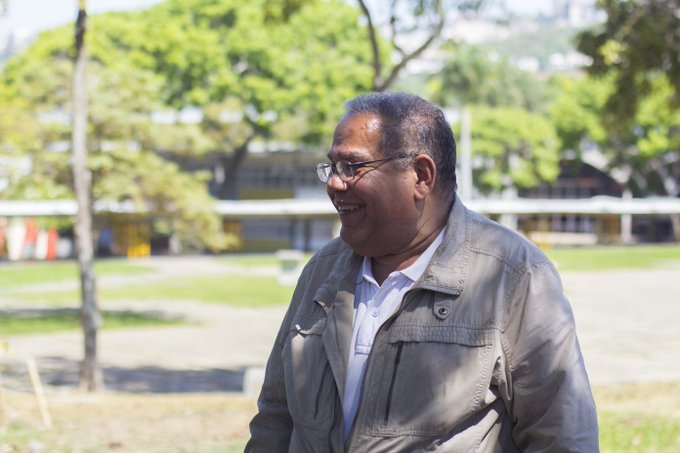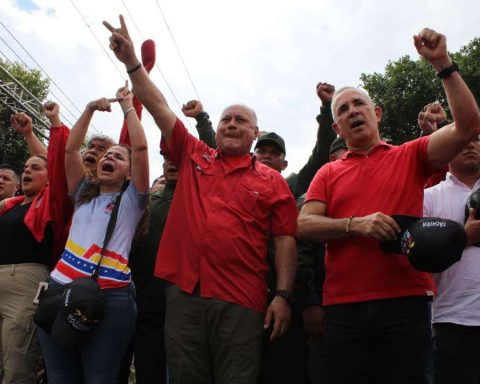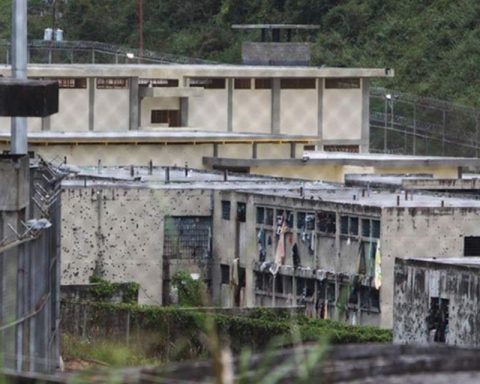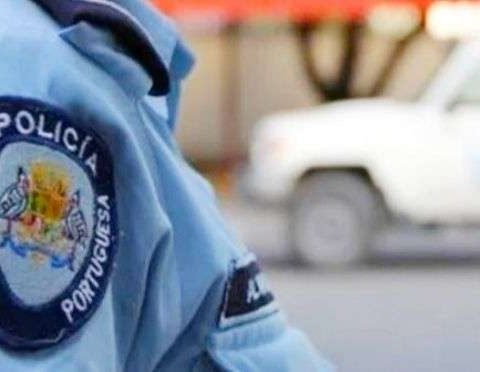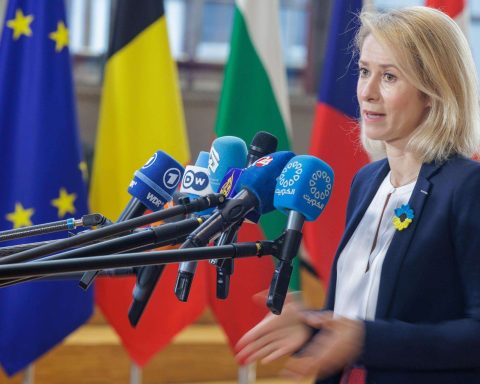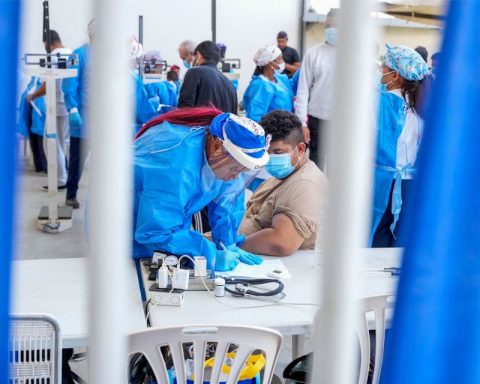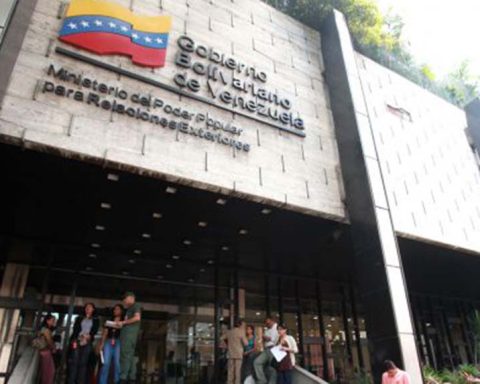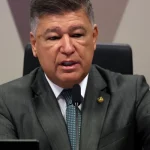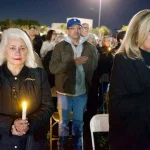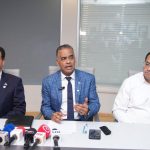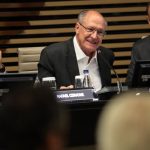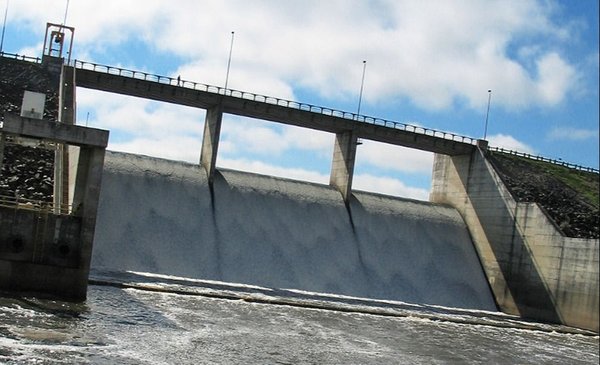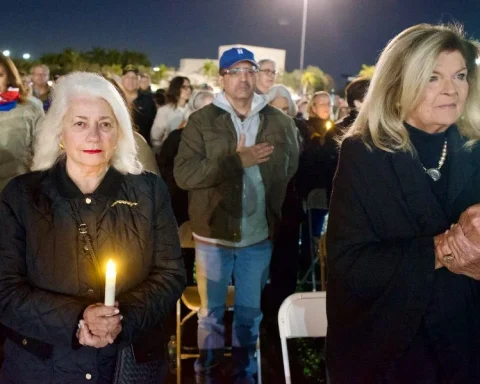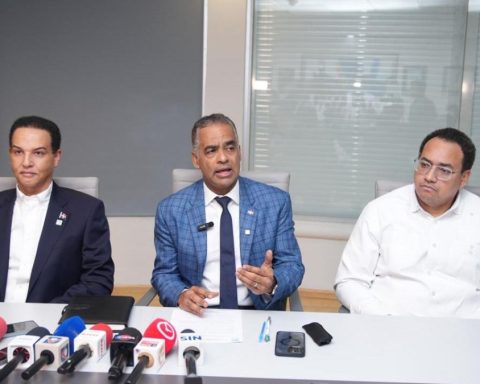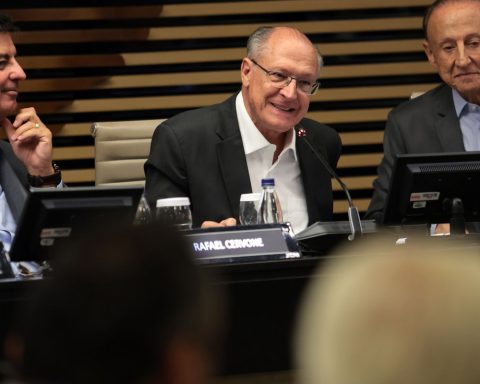The Central University of Venezuela is preparing to hold elections next week, specifically on the 26th of this month, in which the rectory authorities will be elected for the period 2023-2027.
In this sense, the candidate for rector Miguel Alfonzo, together with his running mates, revealed their plans to develop in case they win those elections.
The candidate assured that one of his priorities in the electoral proposal that he proposes is to “create communication bridges, restore relations with the State and the government, which have been broken over the years, unfortunately with the university institutions. There has been no bridge of communication but of confrontation. This has caused serious consequences for the dynamics of the university. So, it will be necessary to resize those relations with the State, with the government, ”he explained.
According to the candidate himself, this will help the UCV overcome the current crisis it is going through and at the same time seek improvements in three fundamental areas such as research, extension, and teaching.
Regarding this last aspect, Alfonzo recognized some weaknesses, during an interview carried out by the Multimedia Radio Television of the Office of the Academic Vice President.
Resources with transparency
For his part, his running mate, the candidate for Administrative Vice Chancellor, Eleazar Mujica, assured that in this project: “We propose to carry out a great crusade to know in a neat way the balance of the income of the UCV and its assets . It is not a policy of persecution with those who until now have managed the resources of the UCV, we will do this work with the workers, professors, students and members of the university community of the UCV”, and made it clear that they will have to tend bridges to assume the administrative tasks, in case of winning those elections.
On the subject, his colleague Alfonzo assured that: “we have to establish transparent administrative mechanisms because the budget, I am going to relate it, the budget law and our own income. And one of the first things is that you have to review them, none of us know all the details of our own income, neither does anyone from the university community, but only those who manage those resources. I will not name the foundations, but we know them. There is a lot of money here. If that income is better redistributed, if it is clarified how much is coming in, how much are we earning with these services provided by the university, we can redistribute it according to earnings, to needs, will it cover all needs? No. Because that is also part of reality, but that will help,” said Alfonzo.
Paradigm shifts.
Meanwhile, the candidate for academic vice-rector Lermit Rosell, considers in his work plan “integrity” as the most fundamental aspect of the production of knowledge, where education is of quality and comprehensive: “that is our north, we plan to take as base the university extension in that way that is supported by a dialogical relationship with the communities, of mutual learning, where we can establish a teaching and research activity”.
When referring to the curricular issue, he highlighted “it is vital for the university. We seek to have our reality as a permanent classroom, simultaneity in theory and practice”.
In this sense, the leader of the formula, Alfonzo, explained that the proposal also contemplates establishing careers with intermediate degrees in the university that allow the student a quick incorporation into the labor market.
“20 years to change a curriculum. It’s absurd, but this university has to make changes at an academic level to those curricula, you have to take degrees in the short term. Many students cannot be trained in 5 or 6 years due to this economic situation. There are other Venezuelan universities that created these short titles, which allow the student to use these tools, their knowledge to earn income in the labor market, and later, if they so wish they wanted, they could continue to the undergraduate or postgraduate degree. That must be created at the Central University. It’s time. It can’t be that almost all races are long”.
Likewise, he indicated that “research at the university, its product, should go directly to the benefit of Venezuelan society and through extension, through the communities, we are not the owners of knowledge, nor of knowledge, accompanying the communities We can all grow.”
student services.
For her part, Alicia Cáceres, candidate for UCV secretary of this formula, affirmed that “student enrollment has decreased 52% at UCV, we must guarantee the study to our boys, we have to resume connections with the government, this it cannot be a university with a single thought”, he stressed, while highlighting the need to strengthen transportation, food, health and scholarship services for students, which are greatly diminished.
Of the investigation. As a researcher, the aspiring Rector spoke in favor of establishing strategies to strengthen research within the aforementioned house of studies. “I have been an active researcher for many years, and in order for us to continue advancing on this subject, there must be incentives. The subject of the investigation implies three things. Resources, ideas and knowledge. Those three have to be combined. If any of the three fails, the investigation is not given. So we have to encourage these three elements here at the university,” he said.
He urged the workers. Finally, Alfonso urged the UCV workers to exercise their right to vote.
“Dear colleagues, students, graduates, fellow workers and workers, we are part of the Central University, the one that Simón Bolívar refounded, the one that has been in the social struggles of this country, the one that has responded throughout contemporary history. to the serious problems of the country. I invite you to vote, to decide”.
Charges to choose
In this electoral process on May 26, in which workers and workers will vote for the first time, the UCV community will be able to choose:
A rector, an academic vice-rector, an administrative vice-rector and a secretary of the university, for the period 2023-2027.
Eleven deans (one for each faculty), eleven members of the Appeals Council (one for each faculty) and five faculty representatives before the University Council, for the period 2023-2026.
In addition, 77 faculty representatives will be selected before the Faculty Councils (seven per faculty) and 185 before the School Councils (five per school, at a rate of 37 schools), for the period 2023-2025.
